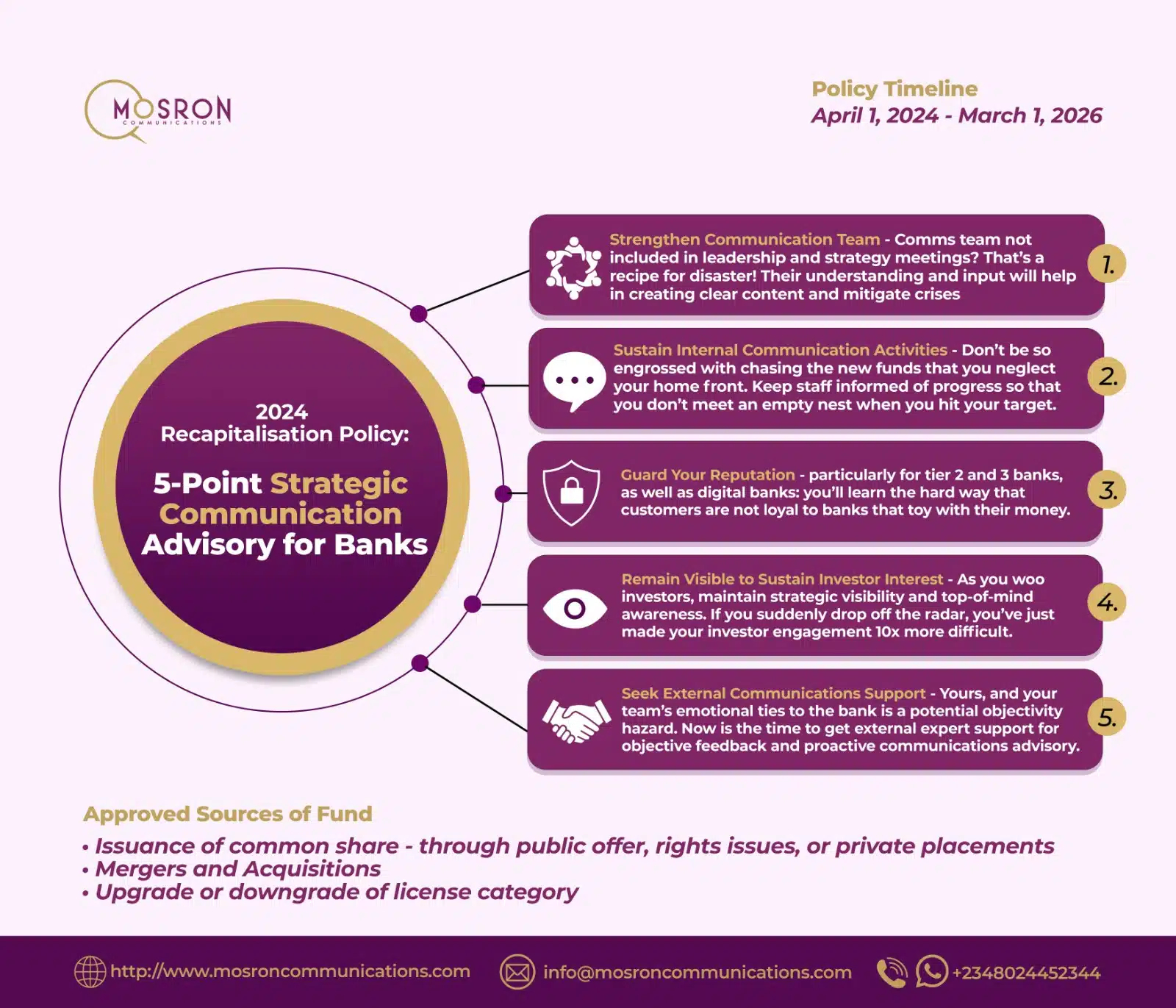- South Africa’s Information Regulator is including Google and Elon Musk’s X in the recent general election probe initially involving Meta Platforms.
- Pansy Tlakula, the chairperson of the regulator confirmed that the three companies refused to abide by requests for information made in terms of the Promotion of Access to Information Act (Paia).
- She revealed that the companies refused on the assumption that Paia does not apply to them despite operating in the country.
“The complainant has requested access to the records relating to the classification of elections, risk assessments concerning South Africa’s electoral integrity and the application of global policies to local contexts within these three entities. The Regulator has accepted these complaints, and all three complaints are currently under investigation.”
The investigation into Meta platforms was initiated following its refusal to comply with a Promotion of Access to Information Act (Paia) request made by free-speech advocacy group, the Campaign for Free Expression (CFE).
The CFE’s request concerns details about Meta’s election management strategies to ensure transparency and evaluate whether it effectively managed election-related risks.
Meanwhile, Meta denied the request arguing that as a US-based company, it is not subject to South African law, while Google is said to have agreed to meet with the regulator to address the issues, but Meta and X have not made similar commitments.
The watchdog stated that it aims to resolve such matters either through settlement or conciliation, with settlement the preferred option. Settlement involves an agreement directly between the regulator and the accused party. However, if a settlement cannot be reached, the regulator will facilitate a conciliation process involving both parties.
This development is not a new occurrence in South Africa. In January 2021, the regulator also initiated an investigation to evaluate whether WhatsApp’s revised privacy policy complied with the Protection of Personal Information Act, 2013.
Following the investigation, the Regulator found that WhatsApp used different terms of service and privacy policies for users in Europe compared to other jurisdictions, including South Africa.
Subsequently, it issued an enforcement notice directing WhatsApp to comply with all conditions of Popia by updating its privacy policy while also dismissing WhatsApp’s argument that Paia does not apply to it as a social media network.











